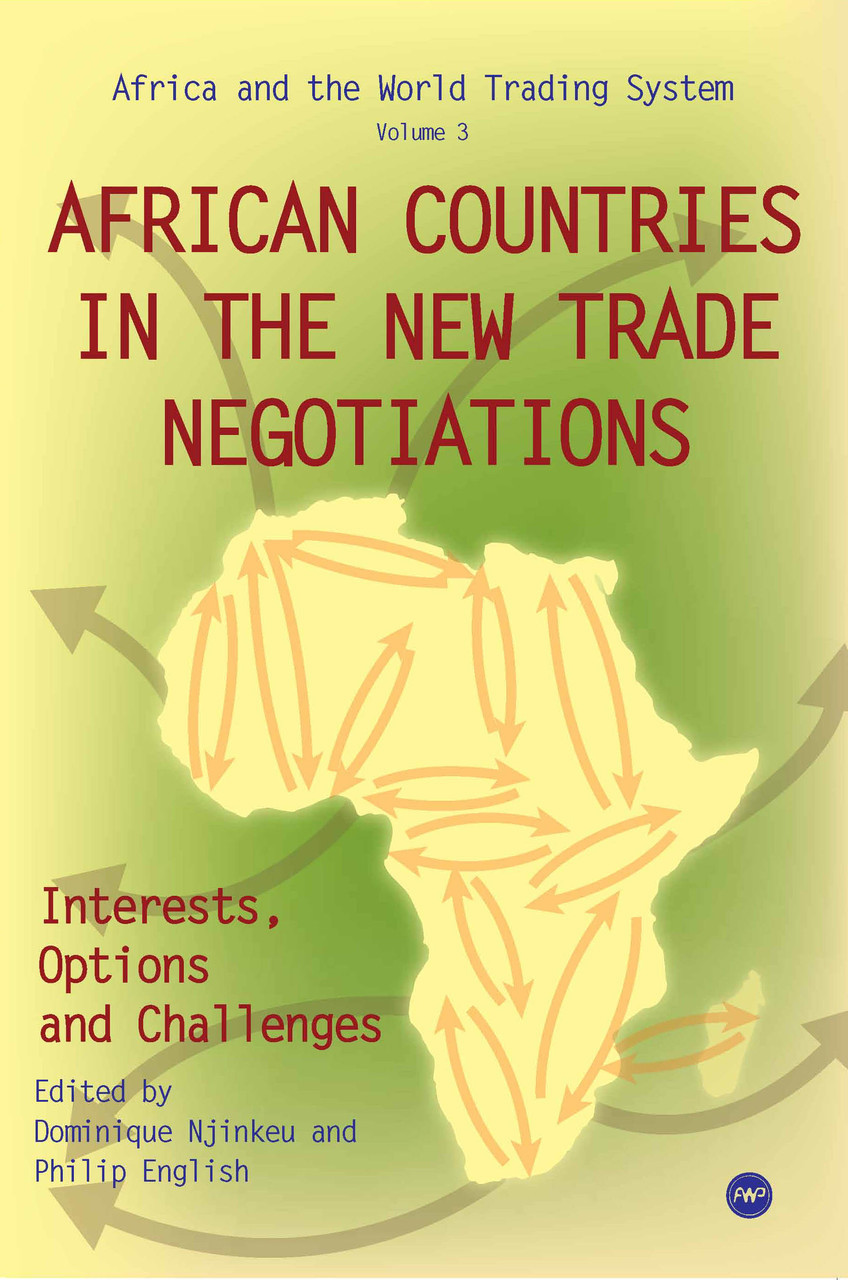Trading Across Borders: Ancient Routes and Modern Connections
Africa’s rich history of trade extends far beyond the transatlantic slave trade that marred its past. Since ancient times, the continent has been a hub of commercial activity, with goods and ideas flowing across its vast landscapes. From the gold and ivory of West Africa to the spices and textiles of East Africa, the continent’s diverse resources and favorable geographical position have made it a prime destination for traders from around the world.

Image: africaworldpressbooks.com
The ancient trans-Saharan trade routes connected North Africa with sub-Saharan Africa, facilitating the exchange of goods such as salt, gold, and slaves. The Swahili Coast, along East Africa, flourished as a maritime hub, connecting the Indian Ocean with the African interior. In West Africa, the thriving kingdoms of Ghana, Mali, and Songhai established lucrative trade networks that stretched across the Sahara to North Africa and beyond.
The Impact of Colonialism and Independence
European colonialism dramatically altered the patterns of African trade. Colonial powers imposed their economic systems, favoring the extraction of raw materials and suppressing local industries. This led to severe economic distortions and a decline in traditional trading networks.
After independence, African nations faced the challenge of rebuilding their economies and re-establishing trade links. Regional economic organizations, such as the African Union and the Economic Community of West African States (ECOWAS), were formed to promote economic cooperation and integration. However, many African countries continued to struggle with trade barriers and economic disparities.
Modern Developments and Challenges
In recent years, Africa has witnessed renewed interest in trade and economic development. The rise of China as a global economic power has created new opportunities for African exports, while also posing challenges to local industries. The African Continental Free Trade Area (AfCFTA), the world’s largest free trade area, is expected to boost intra-African trade and foster economic growth.
However, significant challenges remain. Infrastructure deficits, high transportation costs, and political instability continue to hinder trade. The impact of COVID-19 has also disrupted supply chains and economic activity across the continent. Nevertheless, the potential for trade-led growth in Africa remains immense.
Tips for Navigating Africa’s Trading Landscape
For businesses looking to engage in trade with Africa, there are several key tips to consider:
- Understand the regulatory framework: Research the legal and regulatory environment of the country or region you are interested in.
- Build strong partnerships: Establish relationships with local businesses, distributors, and government agencies to facilitate market access.
- Leverage technology: Utilize e-commerce platforms and mobile technology to reach new customers and increase efficiency.
- Adapt to local customs and practices: Be aware of cultural differences and adapt your business practices accordingly.
- Invest in market research: Conduct thorough market research to identify opportunities, understand consumer needs, and mitigate risks.

Image: encyclopediavirginia.org
FAQ: Demystifying Africa’s Trading History
Q: What were the major trading routes in ancient Africa?
A: The trans-Saharan trade routes and the Swahili Coast were two of the most significant trading routes in ancient Africa.
Q: How did colonialism impact African trade?
A: Colonialism disrupted traditional trading networks and imposed economic systems that favored the extraction of raw materials.
Q: What are some of the challenges facing African trade today?
A: Infrastructure deficits, high transportation costs, political instability, and the impact of COVID-19 are among the challenges facing African trade.
Q: What are the benefits of the African Continental Free Trade Area (AfCFTA)?
A: AfCFTA aims to boost intra-African trade, reduce trade barriers, and foster economic growth across the continent.
Q: What tips should businesses consider when trading with Africa?
A: Understand the regulatory framework, build strong partnerships, leverage technology, adapt to local customs and practices, and invest in market research.
Africa Trading Within Content History
Conclusion
Africa’s trading history is a testament to the continent’s economic dynamism and resilience. From ancient trade routes to modern-day initiatives, trade has played a vital role in shaping Africa’s past, present, and future. As the continent continues to navigate the challenges and seize the opportunities of globalization, trade will undoubtedly remain a key driver of economic and social progress.
As a reader, are you interested in learning more about the fascinating world of African trade? Share your thoughts and ask any questions you may have in the comments section below.






